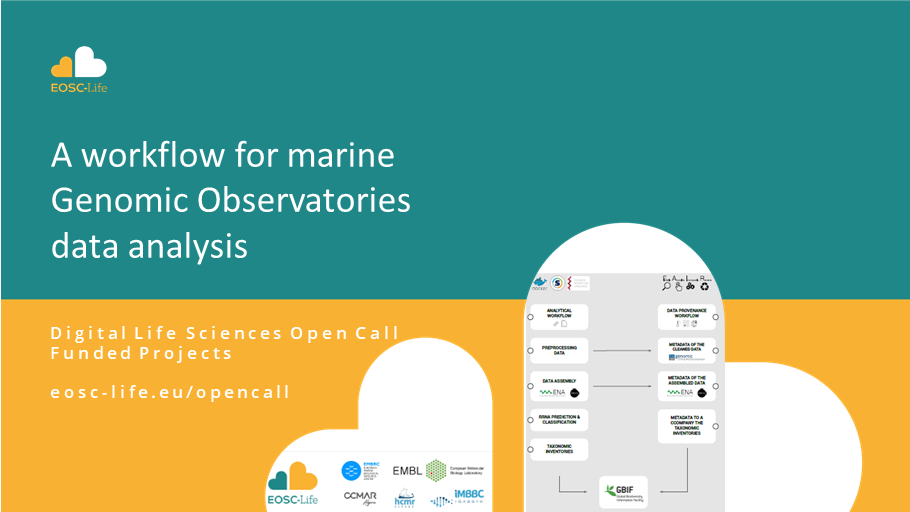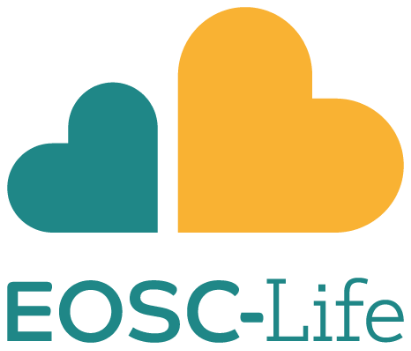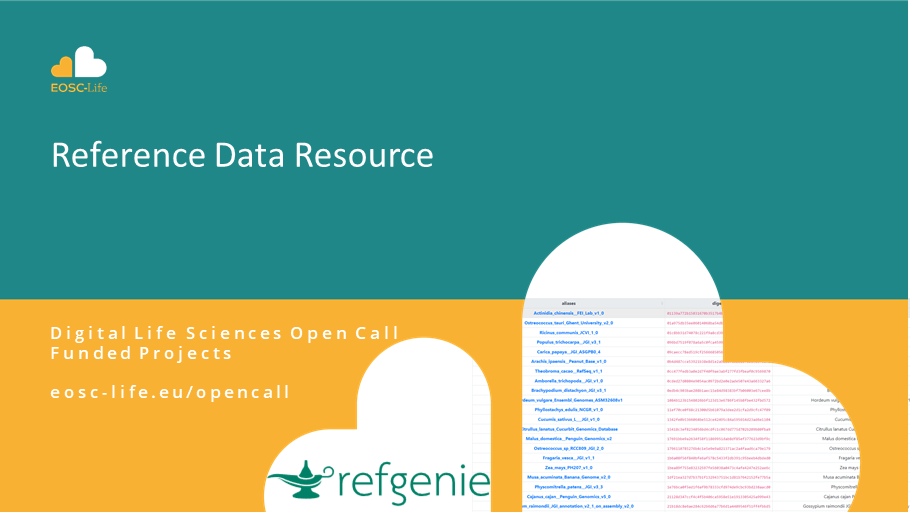
A workflow for marine Genomic Observatories data analysis
Project team: Christina Pavloudi, Hellenic Centre for Marine Research
Haris Zafeiropoulos, Stelios Ninidakis, Antonis Potirakis, Evangelos Pafilis, Cymon J. Cox, Gianluca De Moro, Robert Finn, Ekaterina Sakharova, Martin Beracochea, Ibon Cancio, Maria Luisa Chiusano, Erwan Corre, Katrina Exter, Nicolas Pade
Brief project summary:
Shotgun marine metagenomic datasets are produced by the EMBRCʼs Genomic Observatories (GOs) in order to decipher the dynamics of marine ecosystems.
This project supported by EOSC-Life developed metaGOflow, a workflow that allows researchers to analyze this increasing amount of data more effectively and rapidly.
This initiative makes the data produced by the GOs more easily interpretable by providing the taxonomic inventories of each sample in a timely manner and in a non-technical format.
RIs involved:
EMBRC
ELIXIR












